Are you an electrical contractor experiencing these problems with your communal aerial system?
– Sky refusing to fit Sky Q on your communal dish because the system is not working correctly?
– Aerial system not earth bonded and Sky will not install Sky Q to a system that’s not correctly bonded?
– Signals not working correctly at outlets because cable runs are too long?
– Losing trust that the aerial installer you’ve employed knows what they are doing?
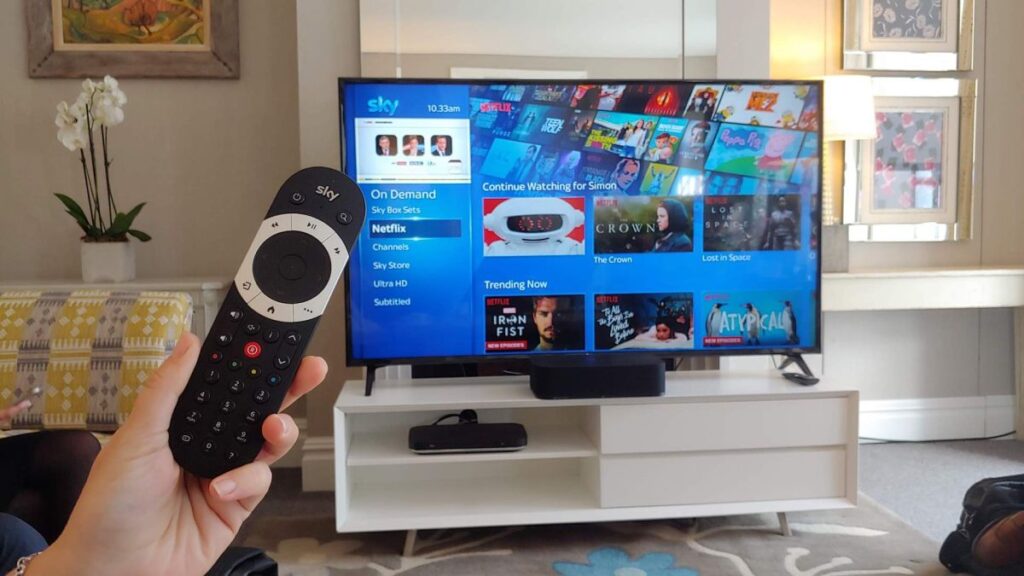
Problems with Sky Q communal aerial system installation are surprisingly common. At Capital Aerials, we’re regularly called to fix communal aerial systems that have been installed by inexperienced, unqualified or cowboy fitters.
A system serving a residential block combines TV, radio and satellite signals onto a cable that serves a number of apartments. This is the so-called Integrated Reception System that many companies claim to have knowledge of when they do not. In some cases they are in business despite having been named and shamed on consumer watchdog programmes!
In light of this, and the challenges facing electrical contractors in how to know who is a trustworthy communal aerial installer, we’ve compiled this handy guide.
We hope our top 10 tips will help you identify sub-standard installers from the better, more reputable ones and end the headache of poor aerial installations once and for all!
This is by far the most important thing to check. The Confederation of Aerial Industries (CAI) is the aerial installers’ trade association and the only credited body for this industry. The CAI only admit members once they have undergone a strict assessment process which includes inspection of completed systems.
Is the aerial installer a member of the Confederation of Aerial Industries (CAI)?
This process checks that a prospective member company has the correct insurances and understands and complies with the requirements of the CAI’s code of practices. These are based on British and European standards which means contractors choosing a CAI member to advise or complete the work can be assured of competence and compliance.
Member companies are continually re-assessed to ensure standards are maintained. They use quality, tested equipment verified by CAI’s Certification Scheme. They guarantee all installations and equipment used for a minimum of 12 months and are fully insured. CAI members have proved that they employ a competent and reputable workforce and have a minimum of 12 months’ trading history.
If a communal tv system is installed to CAI codes of practice it will also conform to the Sky Homes Specification for a coaxial Integrated Reception System New Build MDU version 3. This will enable correct operation of Sky Q.
Capital Aerials has been a CAI member for over 20 years.
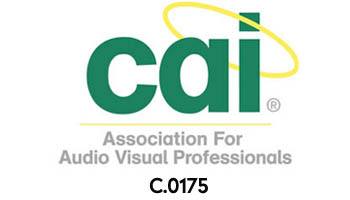
2. Is their workforce skilled, qualified and trained?
There are a number of vocational City & Guilds qualifications and training programmes for those entering the profession. These combine to provide a foundation diploma in signal reception, which, when completed, will enable the applicant to apply for a CSCS blue skills card. These programmes cover different aerial disciplines from basic installer, communal system installer, working at heights and fibre optics installation.
A good aerial installer will have a dependable team who is trained and qualified to do the work being quoted for. This should be clearly demonstrated on their website and by the staff holding CSCS cards for the work they are undertaking onsite.
It is the responsibility of the employing contractor to ensure that the TV aerial installation company being used have the qualifications they need.
Many of the jobs we get called to rectify have gone wrong because corners have been cut or installations rushed. We often find that the original aerial company did not have the necessary industry expertise to install the required system in the first place.
If the installer’s workforce is qualified and trained, the electrical contractor can rest assured the aerial system will be installed efficiently and in compliance with all required regulations.
3. How many years has the installer been in business?
Too often problems are caused by the communal aerial system installer simply not being aware of the complexities involved with residential developments until it is too late. At that point, backing out would cause embarrassment.
When choosing the right aerial installer, it’s important to look for experience and expertise. You can usually find these details on their websites as it is a big selling point and something which should be advertised. If you are unsure, you can check with the CAI to ensure a company is a current member.
4. What do they know about earth-bonding?
Since the 1990s, the law states that any communal IRS/aerial system in residential blocks or commercial premises must be bonded to the Mains Earth Terminal (MET) of the building. A verified, continuous and robust connection needs to be provided from the distribution equipment to the building’s MET. Regulations state that a minimum CSA (cross sectional area) of this connection should be 4mm² copper. A hazardous voltage must not be present on the outer conductor of any cable, or accessible metal work of any equipment of the aerial system.
If a TV reception system is not installed and bonded correctly, a worst case scenario would see someone electrocuted by something accidentally happening in the chassis of the television in another flat or even by something done by an engineer working on the system. While this is an unlikely occurrence, it is a health and safety hazard linked to block living. If such a problem did occur, the installation company or their employers can be prosecuted with a maximum unlimited prison sentence.
Today there are still new-build developments serving many apartments that have communal aerial systems with incorrect earth bonding. In some cases, there are hundreds of flats are involved.
We are frequently called out to fix these and it is a major problem. In theory, as the last company to inspect the issue, we are required to turn the system off altogether which would affect all the flats.
In reality, we issue a letter of non-conformance that details the problems. This letter passes responsibility for any injury back to the customer or managing agent along a quotation to fix the problem. But obviously the system should have been installed correctly in the first place!
When Sky introduced its new Sky Q package in 2018, it announced it would not install any Sky Q to a communal TV system that was not earth bonded or did not work properly. Since then we have received numerous calls to repair and upgrade systems on developments so that Sky Q would be fitted on the communal dish.
When choosing your aerial installer, check they know about earth bonding and Sky Q on communal dishes, as well as having the relevant qualifications to carry out the work.
As a minimum, the installing engineer should hold a Making the Bond City & Guilds certificate or ideally a foundation diploma in signal reception (which includes the above certificate).
5. What previous projects has the aerial installer worked on?
All residents in a block of flats should be able to rely on their IRS system for Freeview, terrestrial and Sky channels. Communal IRS TV system installers are responsible for ensuring the system they fit meets current guidelines. However, some communal aerial system installers are ignorant as to what these guidelines are. There are also aerial companies who do know they lack awareness but carry out the work regardless. Because there is no mandatory code of practice or regulations in place, these companies are giving the sector a bad name.
The best method of being able to feel confident you are choosing an aerial installer who knows their stuff is to ask to see examples of previous block developments and communal TV systems they have worked on.
Reputable companies will have examples of previous installations on their website. You could check that one of these is similar to the requirements on your building.
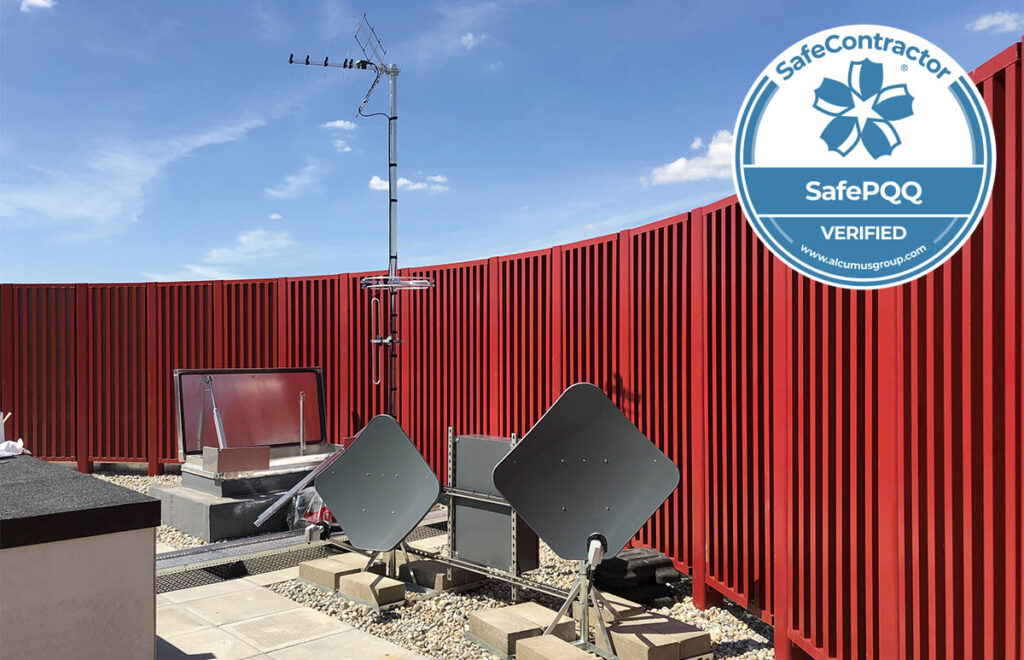
6. Do they know communal aerial system installation best practice?
A professional aerial installation company will be able to advise at the design stage on whether certain aspects of a building’s plan will or won’t work. For instance, one main riser on a block of flats will mean long cable runs that may not provide the correct signals at outlets. In this instance it may be better to use fibre optic cabling rather than coaxial. This type of system is called an FIRS (Fibre Integrated Reception System).
Look for installers who can show past projects demonstrating input into the design process. It can help save on the substantial cost of TV aerial and installation repair if things go wrong and you need to call in a specialist installer to rectify the job.
A professional company like Capital Aerials will be able to provide free advice and consultancy services before a project is undertaken if that is required.
7. How seriously do they take health and safety in their work?
A professional aerial installer should be able to provide risk assessments and method statements prior to commencement of any work to install a communal TV system.
If required (dependant on the project) they should also be able to provide supervisors with SSSTS qualifications, and on larger projects, managers with SMSTS qualifications.
At Capital Aerials all of our managers hold SMSTS certificates and all engineers hold SSSTS certificate.
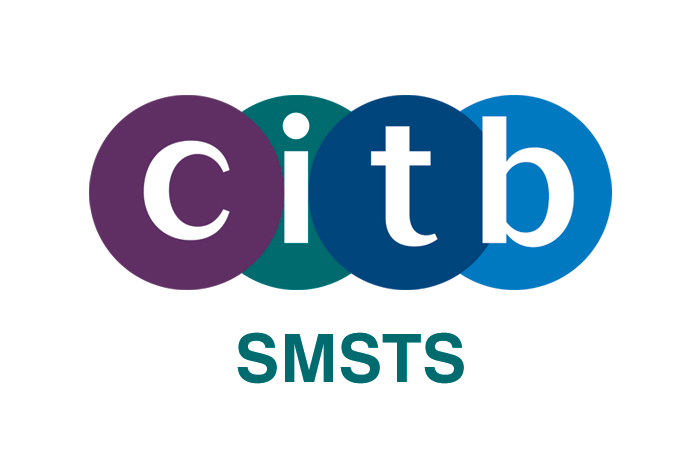
8. Does the aerial installer know about coaxial cabling?
As a CAI member, an installation company should only use CAI benchmarked cable (this was once a Sky approved standard but was passed by Sky to the CAI to administer).
As a standard LSF (Low Smoke & Fume) or LSZH (Low Smoke Zero Halogen), sheath cables must be used but these should be CAI benchmarked.
On many systems being installed by electricians, CAI benchmarked cable is not use. This is often because the installer doesn’t know that they should use it, but also because it is considerably more expensive than cheap Chinese imported cable. But if it doesn’t perform as it should when installed, the cost of replacement will substantially outweigh the initial saving!
9. Check the aerial installer knows what sockets should be used
Another problematic area can be the outlet plate. A bare copper wire on an exposed plate on the back of a socket acts as an aerial picking up interference and radiating signal.
For this reason outlet plates must be fully screened. Screened modules can be clipped into plastic/chrome frames provided by the electrical contractor so they match the rest of the sockets and light switches, etc.
It is important that the cable is fitted correctly into the socket. Most sockets show the length of the centre core and screen that must be left exposed. Use a coaxial cable stripping tool to guarantee the dimensions, making sure not to bend the cable, leave a kink or over-tighten the connection. This can cause mismatch and signal reflection back up the coax cable, resulting in reception problems.
10. Look out for membership of other trade organisations
There are also a number of trade bodies related to construction that demonstrate trust and reliability. If an aerial installer is a member of these bodies, you can be sure they have undergone a stringent vetting processes in regard to health and safety, processes and insurances:
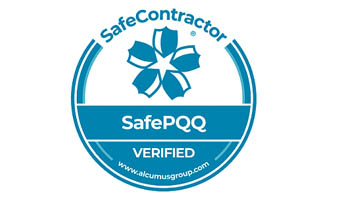
- Safe Contractor
- CHAS (Contractor Health & Safety Assessment)
- Smas
Capital Aerials is a member of all of the above, in addition to the CAI. We are proud of our extensive industry background and the fact we are professional aerial installers with more than 30 years’ experience.
We employ a trusted and expert team of qualified technicians and installers and have expertise in the following areas:
- Sky communal TV systems
- Sky Q on communal dishes
- Satellite master antenna television (SMATV)
- TV reception systems
- Communal IRS
- Fibre Optic Integrated Reception Systems (FIRS)
- Hotel Interactive TV systems
- IPTV systems for hospitals
- MATV systems for hotels
We employ a team of qualified technicians and installers and are also specialists in audio visual, induction loops and public address systems.
We’re happy to work alongside electrical designers, consultants and contractors in designing, planning, installing and supporting customer networks. Please get in touch or submit your tender documents for your latest projects by email together with a required return date at sales@capital-aerials.co.uk or call us on 0208 894 5665.

For more information, visit www.capitalaerials.com
